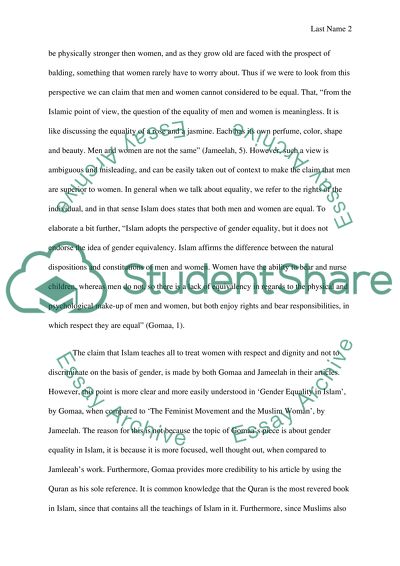Cite this document
(“Women in Islam Essay Example | Topics and Well Written Essays - 1250 words”, n.d.)
Women in Islam Essay Example | Topics and Well Written Essays - 1250 words. Retrieved from https://studentshare.org/miscellaneous/1505044-women-in-islam
Women in Islam Essay Example | Topics and Well Written Essays - 1250 words. Retrieved from https://studentshare.org/miscellaneous/1505044-women-in-islam
(Women in Islam Essay Example | Topics and Well Written Essays - 1250 Words)
Women in Islam Essay Example | Topics and Well Written Essays - 1250 Words. https://studentshare.org/miscellaneous/1505044-women-in-islam.
Women in Islam Essay Example | Topics and Well Written Essays - 1250 Words. https://studentshare.org/miscellaneous/1505044-women-in-islam.
“Women in Islam Essay Example | Topics and Well Written Essays - 1250 Words”, n.d. https://studentshare.org/miscellaneous/1505044-women-in-islam.


